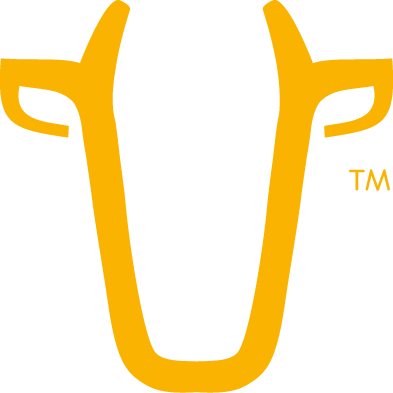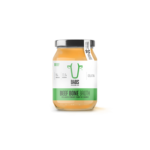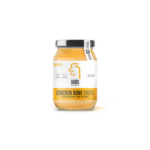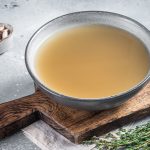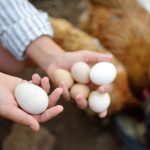My story with permaculture begins with Jean-Cedric Jacmart, one of the most inspirational teachers of permaculture ethics.
I met Jean-Cedric for the first time four years ago at a CHEK Holistic Lifestyle Coach course in San Diego. He is a strikingly compassionate individual with a remarkable story of perseverance.
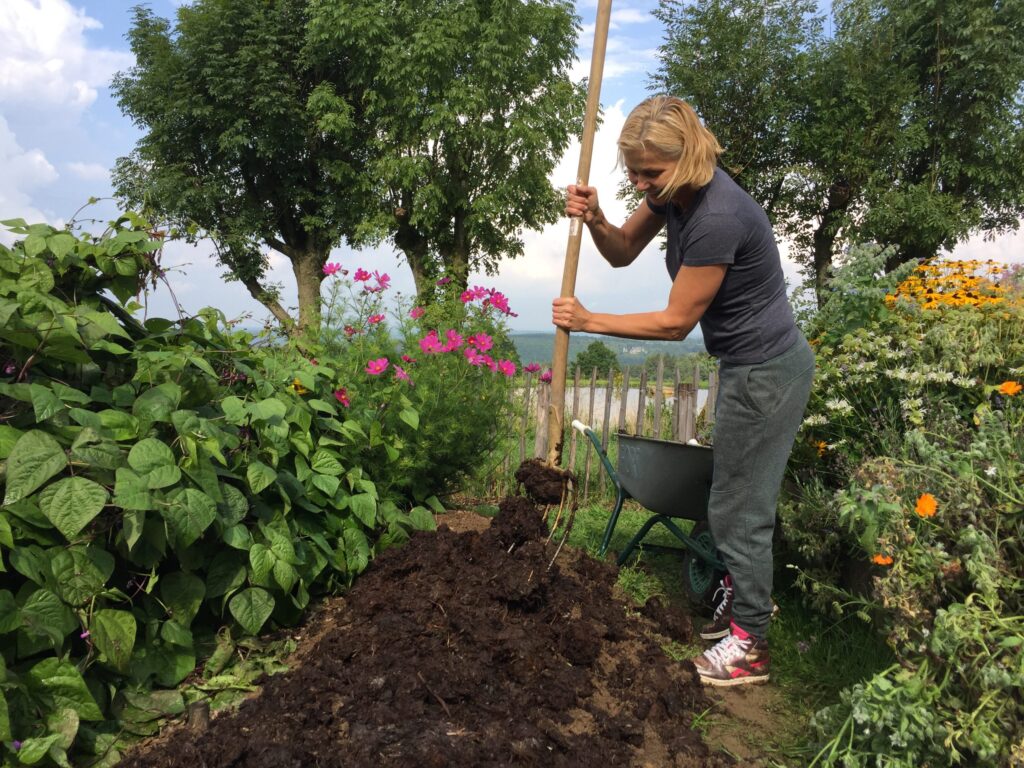
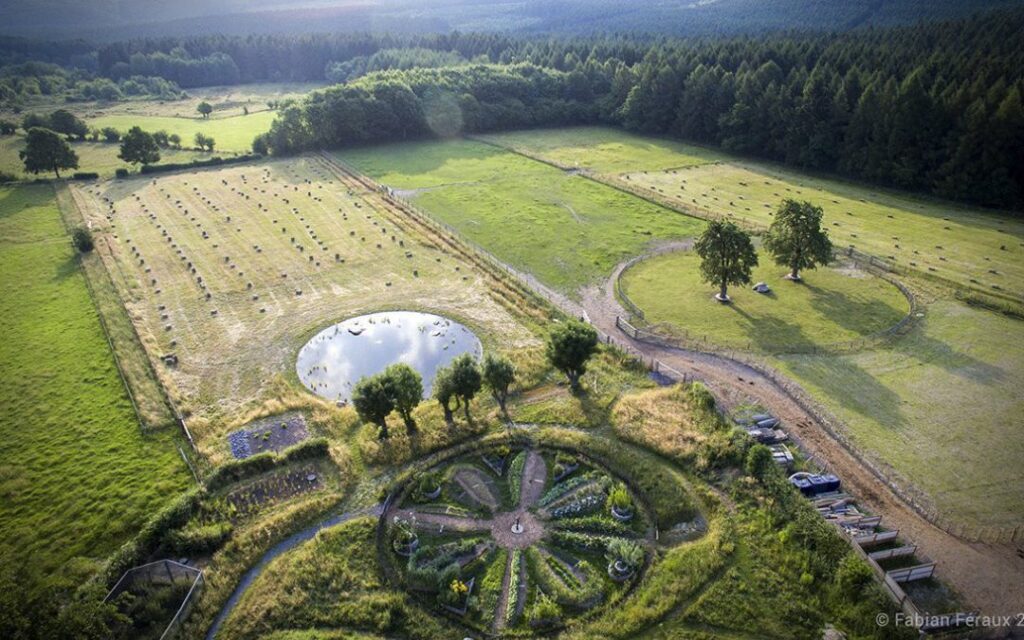
Jean had been paralyzed, not once, but two times in his life.
The first was in 1984 when he developed a disabling polyarthritis, which gradually led to paralysis. After two years of therapy and caring for himself, he did recover.
Then, in 1991, after a bad paragliding accident, he became paralyzed a second time. Once again, he committed himself to his well-being, but this time took a deeper approach, choosing to transform his life to follow his heart and live in such a way that he could create space for happiness, health and respect for the planet. He eventually went on to develop his own slice of heaven on earth – his eco- permaculture farm,Ferme de Desnie.
I didn’t learn this until my second ‘encounter’ with Jean. I stumbled upon the Facebook page for this enchanting organic farm and permaculture school in the Ardennes Mountains in Belgium. Organic gardens, lovely workshops held on the farm, and the beautiful Belgian sunshine. What’s not to love? When I looked a little closer at the farm, I realized it was Jean’s!
I contacted Jean, put my two furry hooligans in the car (my incredibly spoiled dogs!) and made the journey to visit him and his farm. A three-hour drive later (leaving from Amsterdam), and I arrived at Jean’s sanctuary.
This is one of those places where, at one glance, you know that Earth itself is truly heaven. Lush trees, fruits and vegetables, flowers – just the colors were brilliant, let alone the fresh air and the grand views.
“Everybody needs to be happy at the farm,” Jean said smiling when he noticed me soaking in the scenery.
I spent the day immersed in this paradise, putting my hands into Mother Earth. Elbow deep in manure, mud and crawling critters, for the first time in my life, I didn’t actually feel disgust, but rather awe. I could recognize these little friends, nature’s gnomes if you will, as the helpers they are, improving the structure of the soil to hold more water and nutrients.
While tasting the sweetest, juiciest tomatoes on earth, Jean started telling me about the principles of permaculture farming. This is an endless sea of knowledge to explore but here is an introduction and the three founding principles of permaculture ethics, which you can apply to your own life.
“Everybody needs to be happy at the farm.”
Jean – Cedric Jacmart
What Is Permaculture?
Permaculture is a science-based philosophy that looks at the ways we – humans, plants, animals, and the planet itself, the air, water and soil – interact and impact one another. As we grow to understand the ways we are interconnected, we can make better decisions in our own lives to improve our personal experience of life, and through that, make our communities – local, national and global –better places to live for everyone.
Principle One – Care of the Earth
First, the foundation. The first principle of permaculture ethics is to Care for the Earth. This includes all living and non-living things.
Science shows us that each ‘piece’ of the whole is interdependent. As such, when we neglect or destroy a part, we harm ourselves as well. This can be seen on a large scale, such as a manufacturing company dumping waste in a river. But it also happens on a small scale. Something as seemingly innocent as letting a helium balloon fly up into the air can put wildlife at risk. Tossing used batteries in the garbage, spraying your tomato plant with insecticide – these are little things that add up to more and more toxins in our air, soil, and water.
Principle Two – Care of People
This principle emphasizes an important fact that many of us forget today as we strive towards achieving our own personal accomplishments, building our own personal ‘kingdoms,’ that can end up shutting us off from the world and each other. Humans need community. You know the saying, “no man is an island.’ It’s true!
Studies show that a sense of community is even good for our mental health. And, it is a lack of one that leaves us feeling lost, acting without purpose.
Before you think you need to save the world to help out, you actually should begin living this principle with Care of the Self. You cannot effectively help others until you care for yourself. As we nurture ourselves, body and mind, then next we can care for our family, neighborhood, and community. At each step, we become more empowered to support and share with one another and to collaborate to form healthy communities.
Principle Three – Fair Share
This is the idea of the “Return of the Surplus to Earth and People.” Permaculture ethics show us the importance of only taking our fair share to ensure others have access to what they need and so that future generations can have the chance to thrive.
It’s simple. There is enough for everyone if we only take what we need and use all that we do take. Take more than we need, accumulating possessions for the sake of accumulation, and this leads to a waste of resources. At the same time – because not all resources are infinite – this leads to others lacking what they need.
Permaculture in action
Permaculture empowers nature to thrive. Jean’s fruit trees are a great example. They are planted along a chicken run so the fresh, fallen fruit becomes free, healthy food for the chickens. They consume what humans don’t pick. This prevents fallen fruit from rotting, which would attract fruit flies. The chickens eat nutritious food, which yields nutrient-rich manure for the soil. And, of course, the chickens love the cool shade and are always happy to offer their pest control services, eating insects that may be buzzing around the trees. It’s nature’s wild perfection!
Using Permaculture Ethics to Transform Your Life – And Our World
When you see permaculture in action, in places like Jean’s farm, you cannot help but be moved by the implications. If we could only bring the elegant, purposeful design of Jean’s farm to our own households, neighborhood, and communities. What would happen?
Not all of us can become an eco-permaculture farmer or activist, or even want to. But I truly believe the most significant changes come from the small steps we take in our day to day lives.
Some of the things we can all do today are:
- Learn more about the foods you eat – and spend money on. As you learn, you’ll treat your food with more respect, waste less and will shop more consciously.
- Support local farmers. There are so many wonderful organic farmers, producers and breeders out there, no matter where your corner of the world is. We need to support these people as they work so hard to create a more sustainable world for all of us.
- Buy more local products. This will reduce fuel usage, big time.
- Buy organic, eco-friendly cosmetics. They are better for the earth and for your body.
- Don’t purchase animal fur for beauty reasons.
- Take your own reusable bag to the market – avoid plastic bags like the plague.
- Drink water from a glass bottle and install a filter in your home – again, no plastic.
- Give back your egg cartons. I buy my eggs from the farmer’s market and always bring back the carton for eggs.
- Research the companies you buy from. If they don’t practice a healthy, respectful attitude, don’t give them money.
- Be kind to each other – and other species.
- Spend more time in nature, with nature – not with your phone.
These are suggestions but there is so much more you can do. Start small. Go for a walk outdoors every day. Plant a pot of organic lettuces. Buy a water filter for your home. That’s the beautiful thing about transformation – you just have to take the first step to get there.
If you have any others ideas on how we can all use permaculture ethics, please share. I’d love to hear what tips and ideas you have to make the world a better place!
